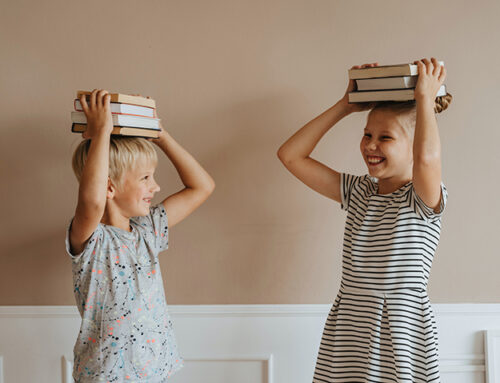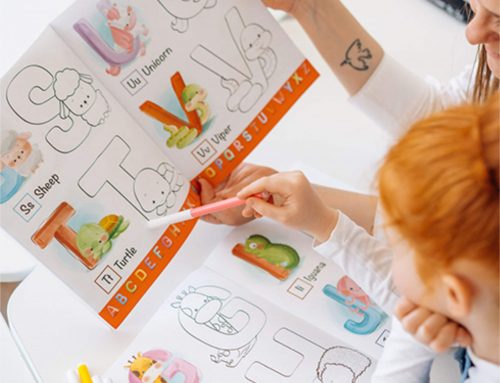Ask The SLP: Bilingual Development
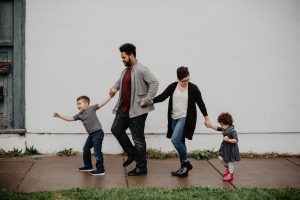
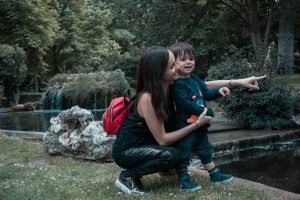
Ask-the-SLP: My family speaks more than one language, but I was told to use only one. Can I speak more than one language with my child?
Parents in bilingual and trilingual households are being told to limit their child’s exposure to a single language. Yet, how do you choose which language to use with your child? Should you choose your native language at home? Should you speak only with your child in English, the language they hear most often at school?
Research does not currently support the idea that using one language is “better” or more beneficial, especially if that is not the language with which you are comfortable. Children learn a vast majority of their language through models from those in their natural environments—parents, siblings, grandparents, nannies/babysitters, etc. However, if you are forcing yourselves to use a language you are not comfortable in, those models go down in frequency and robustness.
For example, for a sentence you might be comfortable using a wide vocabulary in Urdu, you may use 2-4 English words. To describe a story in Spanish or Russian or Polish, you may be comfortable using a long string of vocabulary, rich with physical description, action, and dialogue. However, you may only be comfortable using a fraction of these words in English.
The best advice for parents who use multiple languages at home is not to limit themselves to only one language. Instead, it is most important to remain consistent. If you are using your native language of Tagolog, make sure that, for the duration of the sentence, you use only Tagolog. If you are telling your child in Italian, “Porta fuori the trash,” you are alternating languages, or “code switching,” mid-sentence. Models like this may become confusing to a child, who is learning all of the vocabulary in one broad lexicon. Instead, use all Italian words, “Porta fuori la spazzatura,” or all English words: “Take out the trash.”
Finally, it is important that your child have access to the culture of your family and engage in the activities and conversations to the best of his/her ability. Limiting yourself to a language that you are not comfortable using not only limits the linguistic models you are able to provide, but it also may serve to isolate your child from the nuances of the culture that you were raised with, that your partner or extended family is most familiar with, or that exists in your home with the whole family. Just like every child is unique, every family is a unique microcosm of the cultures, languages, foods, and rituals that they incorporate in their everyday lives.
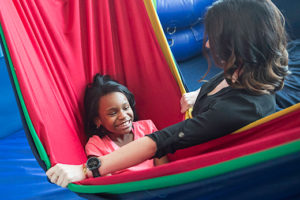
Eyas Landing is a therapy clinic with a mission to provide evidence-based and family-centered therapy services for children, adolescents, and their families. The primary goal is to deliver relationship-based interventions within the most natural environments and to empower families to reach their full potential. To achieve this goal, our highly educated, compassionate staff dedicates time and expertise to create experiences that maximize therapeutic outcomes. The strength, determination, and perseverance of our clients are evident as they succeed in therapy, and ultimately in their daily lives.
Eyas Landing offers a wide range of comprehensive services including Speech Therapy, Occupational Therapy, Physical Therapy, ABA Therapy, Social Work, Family Therapy, and Neuropsych testing. Services are provided throughout the Chicagoland area via Telehealth, In-Home, and in our state of the art clinic.
Want to learn more or you have a specific question? Feel free to connect with us here!


